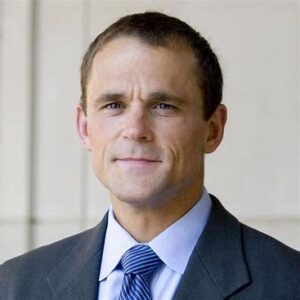by James A. Bacon
I have been critical of Virginia’s colleges and universities, especially the University of Virginia, for the intolerance of conservative political and cultural viewpoints. But there’s another side to the story, and I believe in presenting all the evidence, not just the facts that fit my narrative. By the standards of other elite U.S universities — admittedly an extraordinarily low bar — UVa and Virginia Tech are less intolerant of diverse viewpoints than most.
Indeed in the College Free Speech Rankings based on a survey of 20,000 college students at 55 top universities, the University of Virginia scored 6th and Virginia Tech scored 8th for freedom of speech and expression. Both fell far short of the University of Chicago, which sets the gold standard, but they far exceeded Ivy League institutions like Princeton, Harvard and Dartmouth.

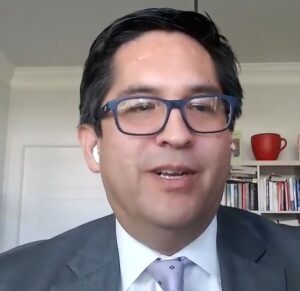

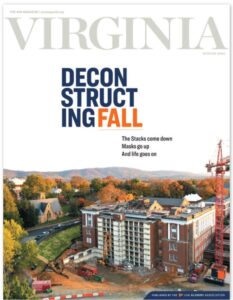 by James C. Sherlock
by James C. Sherlock
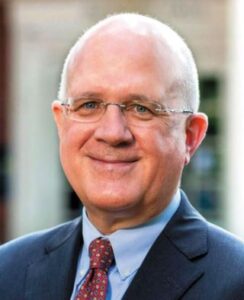
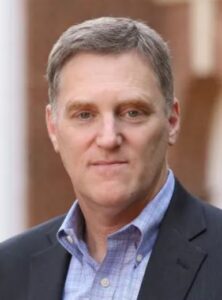
 by James A. Bacon
by James A. Bacon